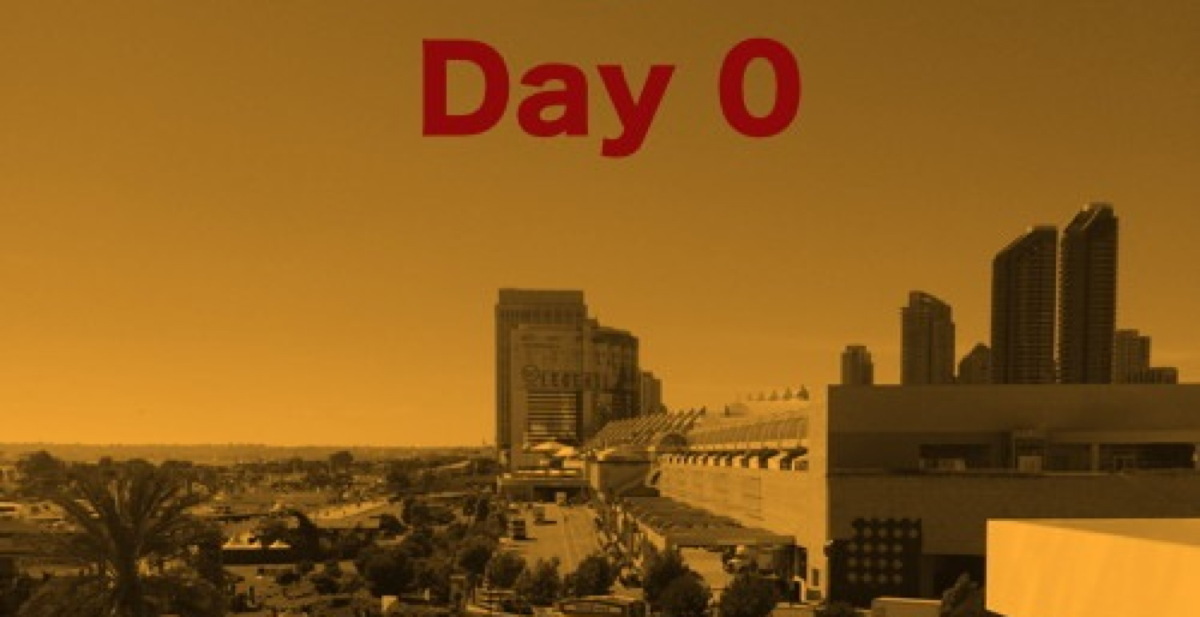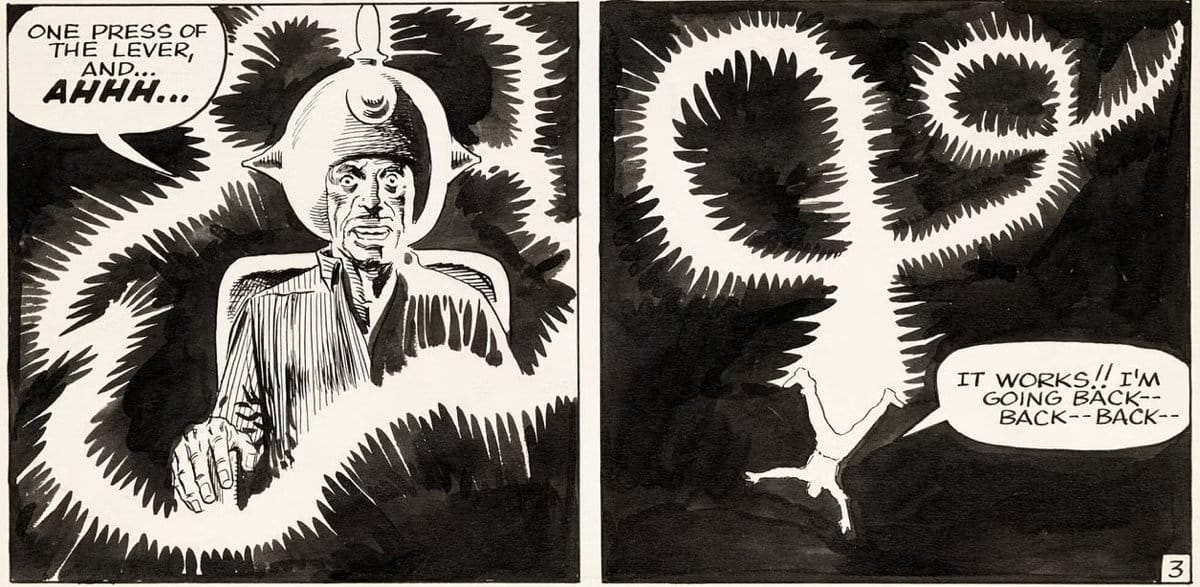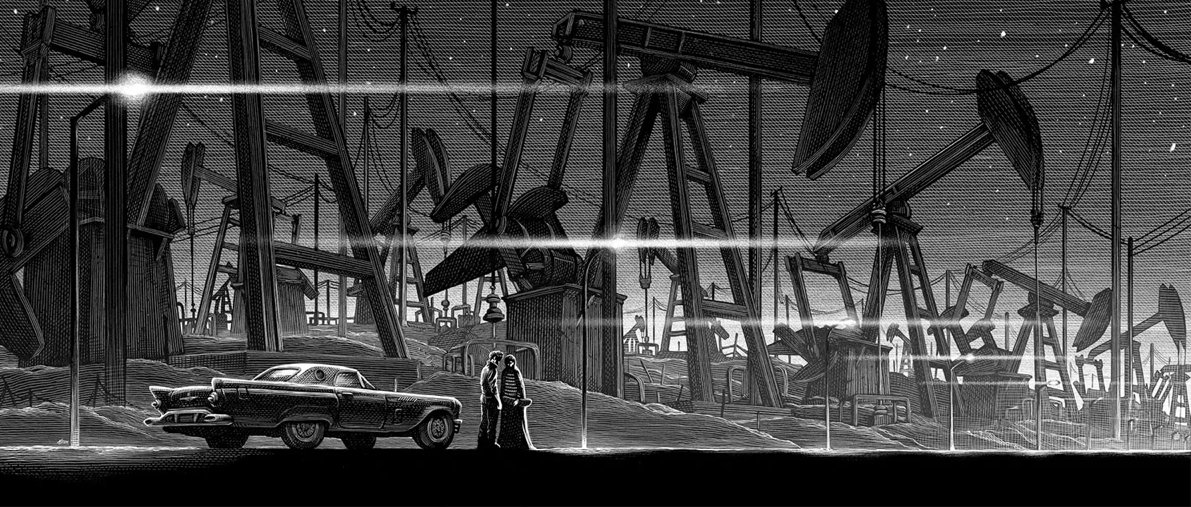The San Diego vs Salt Lake “con” legal battle has dragged on for four years and more than 500 court filings. And now some new ones! At stake was Comic-Con International’s trademark on the term “comic-con” and derivatives. Earlier this year a jury ruled in favor of San Diego, but appeals and motions have kept on going. And the Salt Lake event is now called FanX Salt Lake.
This week, the court ruled, in an unusual move, that the Salt Lake group (Dan Farr Productions) should pay court fees. This is not the usual procedure for a plaintiff, but there were…circumstances. You can read the whole filing below, but some nut graphs:
In sum, litigation brought in bad faith or with objectively baseless claims may be considered exceptional, as may litigation demonstrating inequitable conduct or willful infringement. Fogerty v. Fantasy, Inc., 510 U.S. 517, 525 n.12 (1994); see also Octane Fitness, 134 S. Ct. at 1757 (“[A] case presenting either subjective bad faith or exceptionally meritless claims may sufficiently set itself apart from mine-run cases to warrant a fee award.”). Similarly, courts “have awarded attorneys’ fees . . . where a party advances arguments that are particularly weak and lack support in the record or seek only to re- litigate issues the court has already decided.” Intex Recreation Corp. v. Team Worldwide Corp., 77 F. Supp. 3d 212, 217 (D.C. Cir. 2015). Thus, the determination of “exceptional” falls squarely within the discretion of the trial court. Highmark Inc. v. Allcare Health Mgmt. Sys., Inc., 134 S. Ct. 1744, 1748 (2014).
Here, the jury found that DFP infringed on all three of SDCC’s trademarks, yet also found that DFP did not willfully infringe the marks. (See generally Doc. No. 395.) Thus, under the original definition of “exceptional,” SDCC’s request for attorneys’ fees would have been difficult to advance successfully. See Gracie v. Gracie, 217 F.3d 1060, 1068 (9th Cir. 2000) (“Here the jury explicitly found that [the defendant] engaged in ‘willful’ infringement . . .The district court’s decision to make a fee award to [the plaintiff] thus flows quite naturally from the jury’s finding of willful infringement . . .”). However, after SunEarth, examining the totality of the circumstances, the Court finds that this case is not a dime a dozen. Instead, it is a trademark infringement lawsuit that stands out from others based on the unreasonable manner it was litigated and thus an award of attorneys’ fees and costs to SDCC is justified.
Basically, the court was annoyed that DFP kept advancing the same arguments over and over even after they had been dismissed. And
The Court highlights three incidents that occurred prior to trial. First, in contravention to this Court’s Local Rules, DFP filed two summary judgment motions that totaled over forty pages in length. (Doc. Nos. 216, 218, 244, 245.) The local rules clearly explicate that when filing a motion, all the arguments should be contained in one brief, not exceeding a total of twenty-five (25) pages. CivLR 7.1.h.
DFP advances two arguments to explain their actions, both of which are nonsensical and only further support this Order’s final conclusion. DFP asserts that they had leave to make their filings because the Clerk gave out a single hearing date for all dispositive motions and that SDCC also broke the rules as it filed both a motion for summary judgment and a motion to exclude on the same day, which totaled over forty-three pages. (Doc. No. 512 at 20–21.) DFP’s reasoning is disconcerting. Logically, all arguments relating to a specific motion need to be contained in a single motion. Under DFP’s theory of motion practice, a party could file a separate brief for every cause of action it sought to dismiss under Federal Rule of Civil Procedure 12(b)(6), thereby violating the page limits set by this Court. This is erroneous. Thus, in contrast to DFP’s belief that SDCC broke the rules, it did not.
And in summation:
The Court has exhaustively and carefully considered the totality of the circumstances in this case. Having done so, the Court finds that this case stands out when compared to run of the mill trademark infringement cases. Accordingly, in its discretion,
finding this case “exceptional” pursuant to 15 U.S.C. § 1117(a), SDCC as the prevailing party is awarded attorneys’ fees and costs subject to the deductions listed above.It is accordingly ORDERED that SDCC is awarded attorneys’ fees and costs totaling $3,962,486.84.7 This award includes $3,767,921.06 in attorneys’ fees and $212,323.56 in expert costs. The Clerk of Court must enter judgment for SDCC and against DFP, and each of them, in this amount, as well as the $20,000 awarded by the jury, in this case. The Clerk of Court is also directed to issue the permanent injunction. As no issues remain, the Clerk is instructed to CLOSE the docket of this case. Accordingly, SDCC’s motion for attorneys’ fees and costs is GRANTED IN PART AND DENIED IN PART.
If you want to wade through the whole thing here you go:
Click to access sdcc-vsslccc.pdf
In a separate motion, the court also upheld San Diego’s claim on the trademark and ruled that DFP could not use ANY variation of Comic Con – like Comic Kon – or use their saltlakecomiccon.com url. However they don’t have to destroy all their “comic con” merchandise in case they want to keep it on the desk as a fond reminder of good times.
Click to access sdcc-vsslccc-2.pdf
Click to access sdcc-vsslccc-1.pdf
It’s a sure bet that DFP will appeal this decision and maybe we can break 600 documents filed on this case.
PS: I’m a little pressed for time today so legal eagles may glean even more from these filings than I have. Enjoy!








